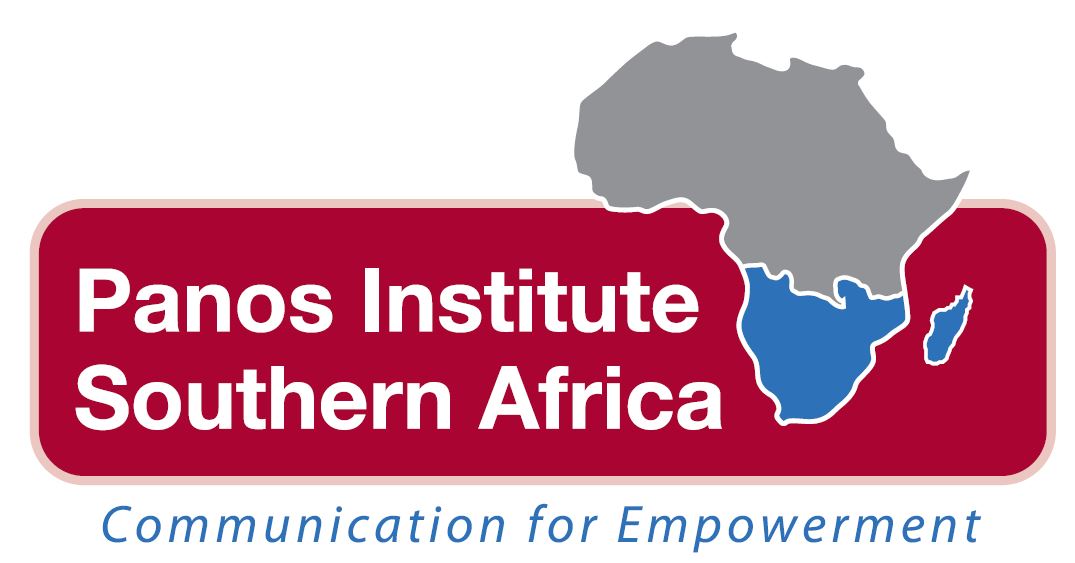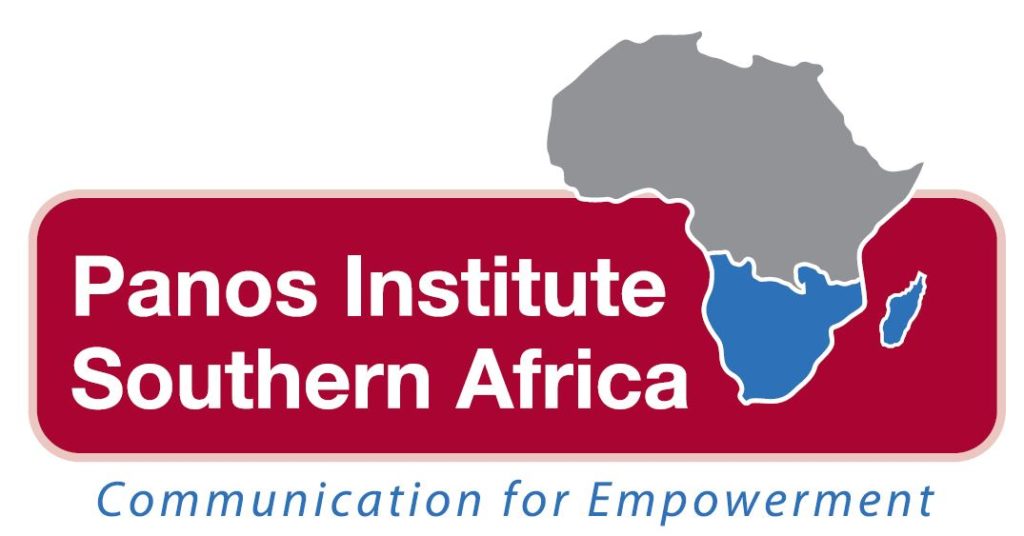Family vital in grooming girls for future leadership
By FRANCIS LUNGU
PARTICIPATION of women in every sphere of leadership should start at family level with parents and guardians inculcating traits that will mold a girl child into aspiring for leadership roles in all life endeavours.
Family being an important aspect in one’s life, there is need for parents and guardians to shift the focus from mentoring female children towards ending up as wives and mothers alone, but begin to shape their thinking towards career leadership achievements.
It is at family level where young girls’ talents and skills could be identified and developed through parental guidance so that they grow up with confidence to participate in leadership cycles and make a difference as women.
Traditionally and also culturally, it has been noted that many a time parents associate a girl child to marriage and child bearing, a situation that has continued to disadvantage women even in their work places.
In the career and professional world, women are denied positions of responsibility and leadership in some cases based on society perception that career women were weighed down with family duties that would affect work output.
However this view point should change because the connection of family and parenting should not only be aligned to women but men too, as children are an offspring of both male and female.
There are some positive stories however of women who have defied all odds and broke the traditional and cultural barriers to attain high leadership positions in society and inspire many young girls.
Some good examples for Zambia are the current Republican Vice President Inonge Wina, female Cabinet Ministers and Parliamentarians, opposition Forum for Democracy and Development (FDD) president Edith Nawakwi and even some senior female executives in the corporate and civil society world.
Each one of these dynamic women in different leadership spheres that the nation is proud of have their own unique stories to tell and their respective families played positive roles in supporting them attain their dreams.
Nonetheless, there are many unfortunate women who have not achieved their dreams like 38-year-old Chilumba Besa, now a mother of seven living in Tufi-Twambwa village in Ndola district.
Ms Besa in an interview said she had aspired to become a banker and even join politics at some point but that her parents were not supportive enough for her to pursue education.
She says her father supported her brothers’ education and just aligned her to marriage, a situation she says stole her dream of becoming a career women and a leader.
Ms Besa, who only ended up in grade nine on her education journey, said had her parents prioritized education in her life, she would have also become a female leader and positively contribute to national development in various ways.
“I wish I had gone far with education to become somebody in life, but I was discouraged. And because of that treatment I went through, I have always supported my [four] girls [daughters] with their education. I had dreamt of one day becoming a politician but you have seen that they now require a grade 12 certificate even for one to contest as a ward councilor and I do not have that certificate,” she said.
Ms Besa is now urging parents and guardians to ensure they supported their female children acquire good education as opposed to making them focus on men and marriage.
“When a girl child is supported by her family to get educated, she ends up with a good job and even a good marriage if she really wants to be a wife later on in life,” Ms Besa said.
Ms Besa strongly feels that there was need for families to mentor their female children into being leaders right when they are growing up as that was the character building stage.
Esther Mwesa, 69, is a Lusaka-based traditional counselor who opinionates that it is high time cultural beliefs that girls could not excel as leaders were done away with starting at family level.
Ms Mwesa, who has been a counselor for over two decades, said families remained key in the upbringing of children because leadership attributes were identified from the family unit.
She said together with her fellow traditional counselors, they had embraced the teaching that both girls and boys were equal in the eyes of God and that anyone had the potential of becoming a leader.
“Actually women leaders benefit their families and their communities more because they are closer to their people compared to men. So the families should help in encouraging girls to get as much education as they can for the good of everyone,” she said.
Organisations such as Panos Institute Southern Africa (PSAf) that have social programmes to promote girl-child education in Zambia and the region, equally note that the socialization process at family level was critical in preparing girls for future leadership.
Panos executive director Lilian Kiefer said in an interview that families, churches, community and traditional leadership and teachers that formed part of the socialization process, needed to channel positive messages to the girls showing them that they could achieve more than just being wives.
Ms Kiefer said positive messages towards girls would prepare and sharpen them right from the beginning to aim higher as opposed to the oratory that girls should focus on succeeding in marriages alone.
“We need to change the rhetoric and the narrative when we talk to our girls and even our boys so that as they are growing up together, their thinking is shaped to aspire to achieving more so that they can contribute to national development [and] when we do that, we will have a pool of girls that go through education and achieve the highest that they are able to and from there we will have a bigger pool of women that can ascend to national leadership,” she said.
She said the role of the family, both mothers and fathers, and even guardians was important in grooming a cohort of girls that could compete for leadership.
The Panos executive director further said there should be a deliberate action at family level that helped girls not to be over burdened with chores so that they could do well academically.
“Girls have to clean the house, cook for everyone and again clean for everyone [after eating], by the time they are getting to school the boys have already been in school for like 30minutes, they have cooled off from the walking, the girls are [coming] running and when they get to school they have to sweep the class before they can actually start learning,” Ms Kiefer explained.
“So you are giving them [girls] two hours of being in class breathless because they are resting when the boys have been served by the same girls and they have to compete for the same exams but in that case their performance is affected so we need the families to be able to start looking at all those vices that have become normal to us. Look at the impact of it on girl education and in the long run what that means for women leadership.”
And Hivos Zambia women empowered for leadership manager Ketty Simasiku said there was need for families to avail equal education opportunities for both boys and girls.
Ms Simasiku said households should also encourage girl children to take challenging subjects at school such as sciences so that they were able to aspire even for jobs and leadership positions perceived to be male dominated.
She said women leaders were more accountable leaders and caring citizens, hence the need for families to investment in the girl child education.
“I feel women are more resourceful in terms of efficient, utilization of resources and accountability, of course we have incidences were women in some cases have squandered funds but to an extent there is that assurance that it will be minimal,” Ms Simasiku said. “And also women turn to take care of a larger fraction of their immediate family as well as extended family. So if they have an income, they would contribute to help themselves as well as other family members.”
Supporting girl children to access education do not require much given the fact government is providing free education at primary level and what is need is for families to play their role in uplifting girls as future leaders for the development of the nation at large. Panos is working with Hivos and other organisations in advocating for increased women’s participation for leadership. The orgabnisations use various tools and platforms to build the credibility of women leaders, and stimulate positive public debates on women in leadership.





